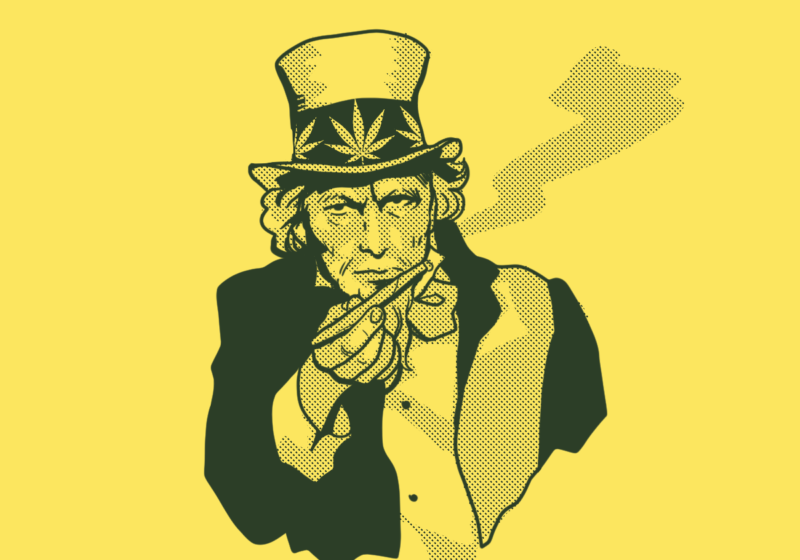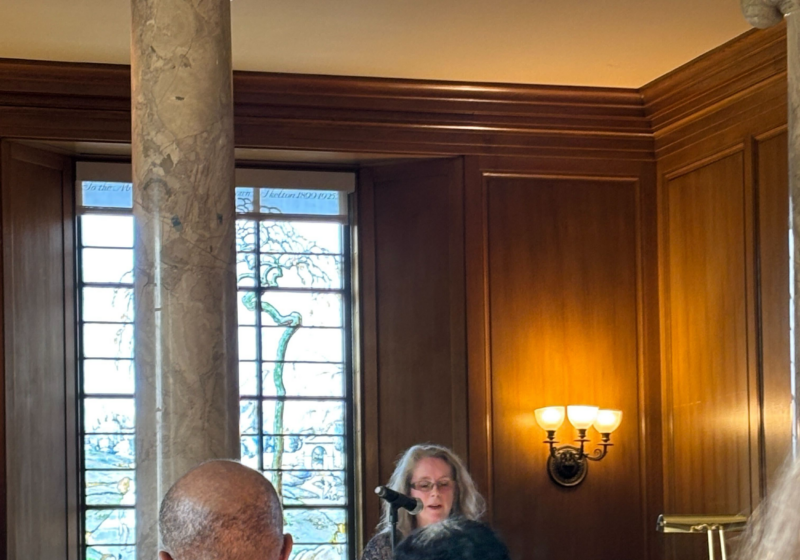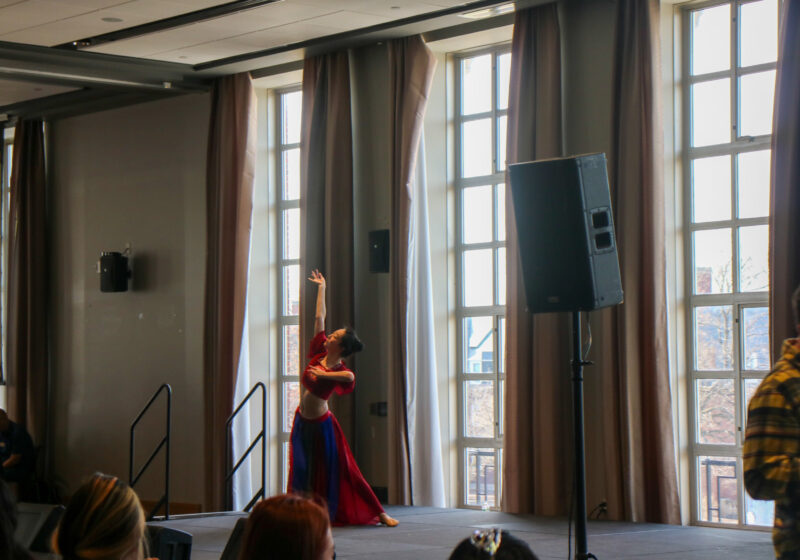Editor’s Note (9/9/20): This is part two of a three piece series about substance use in the United States.
Last week, I wrote about how the legal drinking age empowers college fraternities, and I compared it to the way prohibition empowered gangs in the 1920s like that of Al Capone. But I left some things out of my discussion of prohibition.
Much like the rest of American history, prohibition disproportionately affected the working class and Black people.
I’m thinking of a banned substance. It has some risks, but is used safely by most people. The police use it to discriminate against the same people they always discriminate against.
Did you picture marijuana? Because I did.
I grew up in suburban Baltimore. I had no trouble getting weed when I wanted to. In fact, it was easier to get than alcohol. My friends and I smoked weed more than we drank, not because we preferred it, but because it was more accessible.
Alcohol’s production and sale is regulated, so underage people have to either convince someone of legal age to buy it for them or trick a seller using a fake ID. If you want to buy weed, all you have to do is ask around at school. Most American public schools have a few dealers floating around, so it’s really not that different from buying candy from that one kid in elementary school.
I personally have never had a particularly negative experience with drug dealers. Sure, everyone gets ripped off on price, or buys weak edibles, but nobody ever robbed me or put rat poison in my weed. And partially because of my various privileges (though also because smoking weed isn’t that hard to get away with if you use it in moderation), I’ve never been arrested or prosecuted for drug-related crimes. Alcohol may not be particularly safe, but its legality allows for regulations on its production and sale that help protect consumers.
Much of the danger associated with marijuana is created by its illegality. Sure, some people have negative physiological and psychological reactions, but that’s true for most medicine (and peanuts). Smoking anything is bad for you, but smoking tobacco is legal, albeit heavily regulated.
The danger of laced marijuana exists because there are no regulations on its production and sale. The dangers involved in drug deals are also because there are no regulations. The dangers involved in farming and shipping marijuana are — you guessed it — because those businesses aren’t regulated.
Legalizing weed would protect consumers and producers. The international drug trade is riddled with violence and exploitative practices, and it supports criminal enterprises that engage in other crimes like human trafficking.
In addition to the damage done to the world by the international drug trade, the prohibition of marijuana has been used to harass, imprison, and disenfranchise Black people, especially Black men. “I smelled weed in his car” is practically cop speak for “I don’t like how dark his skin is.” Hundreds of thousands of people are incarcerated in this country because weed is sometimes illegal. And it’s still easier for kids to get than alcohol.
Every time someone opposes marijuana legalization by saying, “Think of the children,” the answer should be “Drug dealers don’t take ID.” Every time someone opposes marijuana legalization by saying, “It’s dangerous,” the answer should be “So are chainsaws, alcohol, free solo climbing, and swimming in the ocean.”
Something being dangerous is not a good enough reason to ban it outright. Especially when the dangers are fairly overblown.
Making weed illegal doesn’t stop kids or anyone else who wants to use it from doing so. In fact, it gives kids access to weed at much younger ages than most doctors consider developmentally safe. Plus, it encourages cops to abuse Black people. It also prevents important safety protocols from being implemented and means the government can’t tax businesses and sales associated with weed.
I’ve never been presented with a good reason to ban weed.
If you want your kids to stop doing drugs, you’re going to have to think critically about the efficacy of the current policies in place to prevent drug use.
And you might have to stop arresting Black people for it. Boo hoo.






